Questions over ‘black-cladding’ businesses winning millions in Indigenous contracts
It’s been revealed tens of millions of dollars worth of taxpayer-funded “Indigenous procurement” contracts have been won by companies not majority-owned and controlled by Aboriginal people.
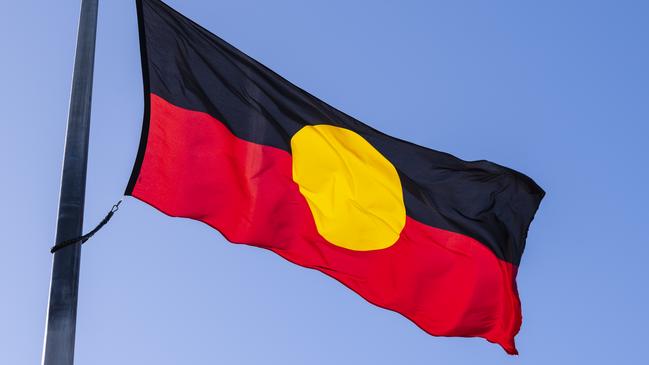
NSW
Don't miss out on the headlines from NSW. Followed categories will be added to My News.
Tens of millions of dollars worth of taxpayer-funded “Indigenous procurement” contracts have been won by companies not majority-owned and controlled by Aboriginal people.
A Daily Telegraph investigation of the rapidly expanding Indigenous procurement sector and “black cladding” reveals the NSW and federal governments have engaged scores of businesses that would be ineligible in the Northern Territory and don’t meet standards in the National Agreement on Closing the Gap.
Both the federal and NSW governments have strict policies that require at least three per cent of all public contracts to be awarded to Indigenous businesses, classified as a company 50 per cent owned by an Aboriginal Australian.
But the rules are stricter in the Northern Territory, where the minimum requirement is 51 per cent ownership and control. The tough stance in the Top End is to ensure an Indigenous person has control of the business, and isn’t a figurehead used to get lucrative government contracts. That process is labelled “black-cladding”, and is slammed as a practise used to take money away from legitimate Aboriginal businesses.
Last financial year alone, businesses defined as Aboriginal secured Commonwealth contracts worth $1.6 billion.
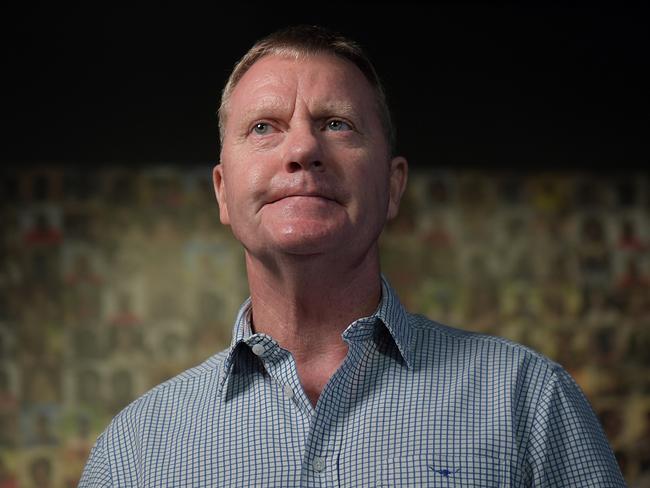
Nearly 12,000 federal tenders were awarded to Indigenous companies in 2021-22, compared to less than 2000 in 2015-16.
Meanwhile the NSW government awarded tenders valued at about $480m in 2021-22, five times the amount two years prior.
Much of this money has been paid to enterprises majority owned and controlled by Aboriginal people; but a significant slicehas been allotted to outfits that are not.
These firms have been known to out-bid majority-owned and controlled Aboriginal enterprises.
An analysis of the database of businesses eligible for tenders issued under both NSW and Commonwealth Indigenous procurement policies indicates about one in seven is not majority owned and controlled by Aboriginal people, totalling nearly 500 companies.
TIME TO RAISE THE BAR
The NT applies a tougher test, insisting on majority Aboriginal ownership and control.
NT Business and Jobs Minister Paul Kirby said the Territory’s thresholds, introduced last year, are the same as in the National Agreement on Closing the Gap.
“The 51 per cent threshold was strongly advocated for by Aboriginal stakeholders, and supported by the NT government, as it clearly puts the control and benefits in the hands of Aboriginal people,” Mr Kirby said.
The NT is not alone in believing the bar must be raised.
Supply Nation, which manages and verifies the official national list of Indigenous enterprises, said it had “long advocated the benefits” of setting eligibility at a standard of “51 per cent or more Indigenous owned, managed and controlled.
“This of course adds yet another safeguard towards reducing the potential for black cladding to occur – a practice which effectively dilutes the integrity of the Indigenous business sector,” Supply Nation said.
A Deloitte review commissioned by PM&C in 2019 recommended the then Coalition lifting the threshold to “at least” joint control “noting the concerns raised in respect to the perception of an increase in the incidence of black cladding, where the Indigenous owner has little or no say over the company or any of its dealings”.
While the federal government is understood to be looking at tightening the test, the new NSW government does not appear to have any plans for reform.
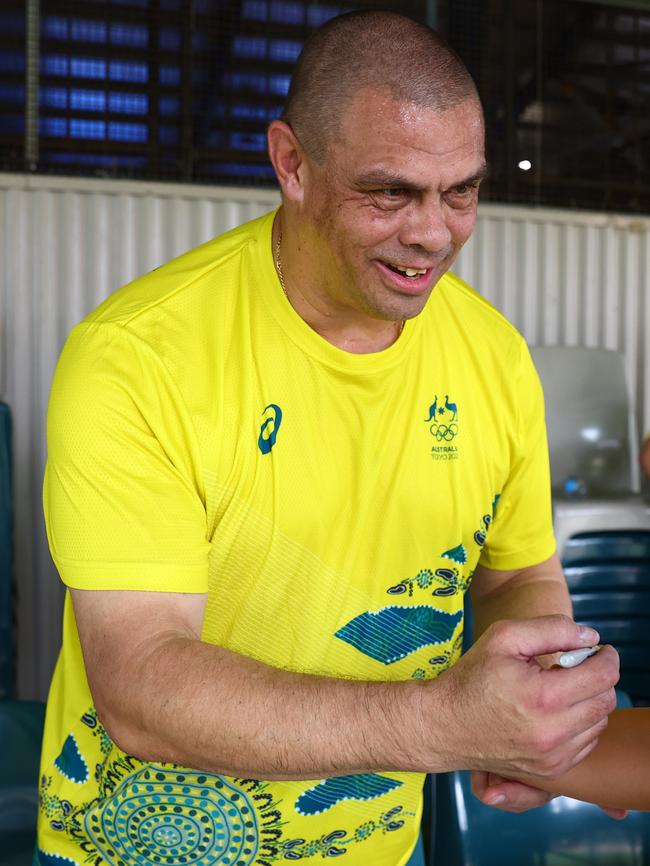
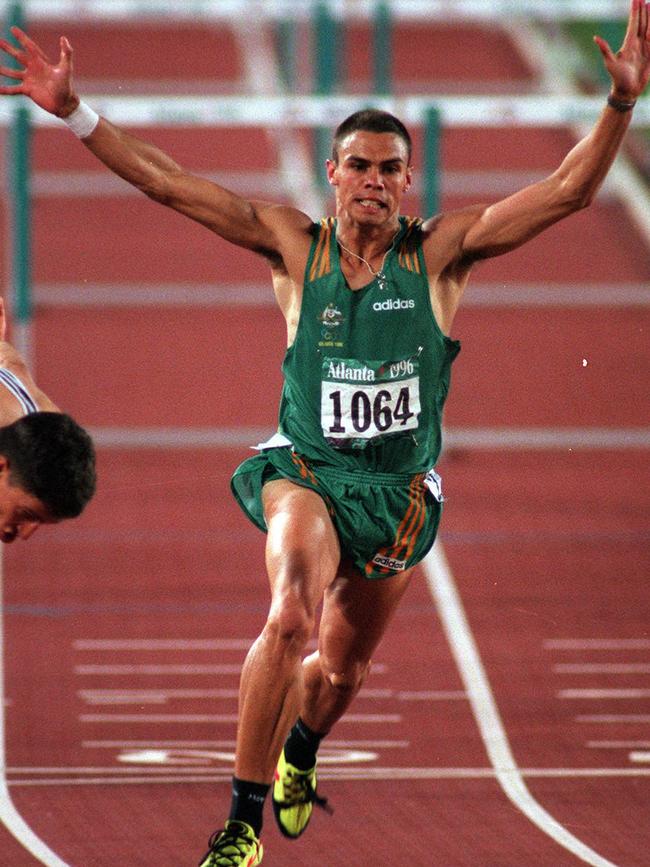
VANDER KUYP COMPANY’S CALABRIAN CONNECTION
While not an instance of black cladding, furniture firm Schiavello Ganbu is an example of a business that would have to restructure if Canberra adopted the same thresholds as the NT.
Schiavello Ganbu has won more than $5m in federal government tenders since 2017 and is half-owned by Indigenous former Olympian hurdler Kyle Vander-Kuyp, with Schiavello International Pty Ltd holding the other 50 per cent.
Both Vander-Kuyp and the company told The Telegraph he has equal control but he is not one of the four directors and half the board was born in Calabria, in Southern Italy.
Vander-Kuyp, who is the company’s Indigenous engagement manager, said: “I have been instrumental.”
Vander-Kuyp said he is Schiavello Ganbu’s only employee, but Schiavello noted it had nine Indigenous staff among its 194 workers.
Following The Telegraph’s inquiries, Schiavello said Vander-Kuyp will be offered a directorship.
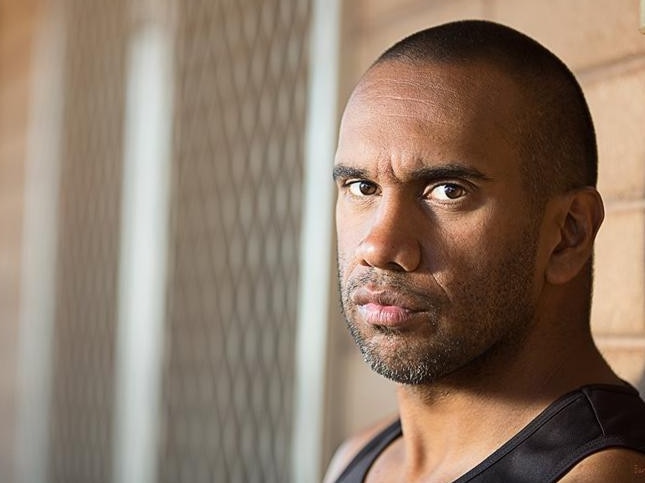
RUBIK3 ‘ABSOLUTELY NOT’ BLACK-CLADDING
The recruitment and computing services company Rubik3 Indigenous has secured nearly $550,000 in federal government tenders this year under Aboriginal procurement policies, money they would not have been able to receive if they were bidding for contracts in the Northern Territory.
The hundreds of thousands of dollars in taxpayer money was tendered legally because the firm is fifty per cent Aboriginal owned, a minimum requirement in NSW and the Commonwealth.
While there is no suggestion Rubik3 is engaging in black cladding, if the company was bidding for contracts in the Northern Territory, they’d be required to be fifity-one per cent owned and controlled by First Australians in order to win work under the NT procurement policy.
Under the Northern Territory rules Rubik3 Indigenous would have to restructure or they wouldn’t get any money at all, but as it stands they’ve received more than half a million dollars in taxpayer funded contracts.
Rubik3 Indigenous has two directors. One is Aboriginal actor Garth Edwards, who is currently shooting a movie in Cairns.
The Telegraph repeatedly sought comment from Mr Edwards prior to publication.
The other director, Guy Earnshaw, who is not Indigenous, said there was a plan to build Mr Edwards’ business “acumen”.
Mr Earnshaw said Mr Edwards helped connect Indigenous Australians living in regional areas with work in capital cities. Also, Rubik3 Indigenous was expanding into the film industry.
Mr Earnshaw said Rubik3 Indigenous was “absolutely not” an example of black cladding. It was committed to creating opportunities for Indigenous Australians and planned for Mr Edwards to become majority owner.
The Daily Telegraph asked Mr Earnshaw how many indigenous employees Rubik3 had and how many workers the company had in total. He did not provide an answer.
More Coverage
Originally published as Questions over ‘black-cladding’ businesses winning millions in Indigenous contracts





